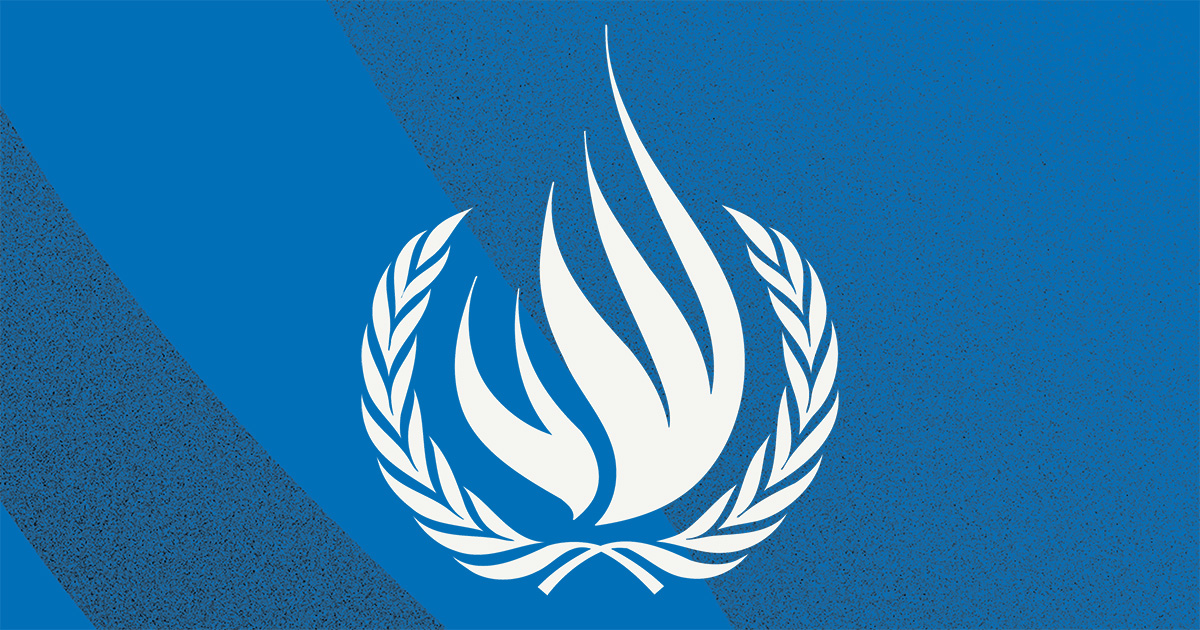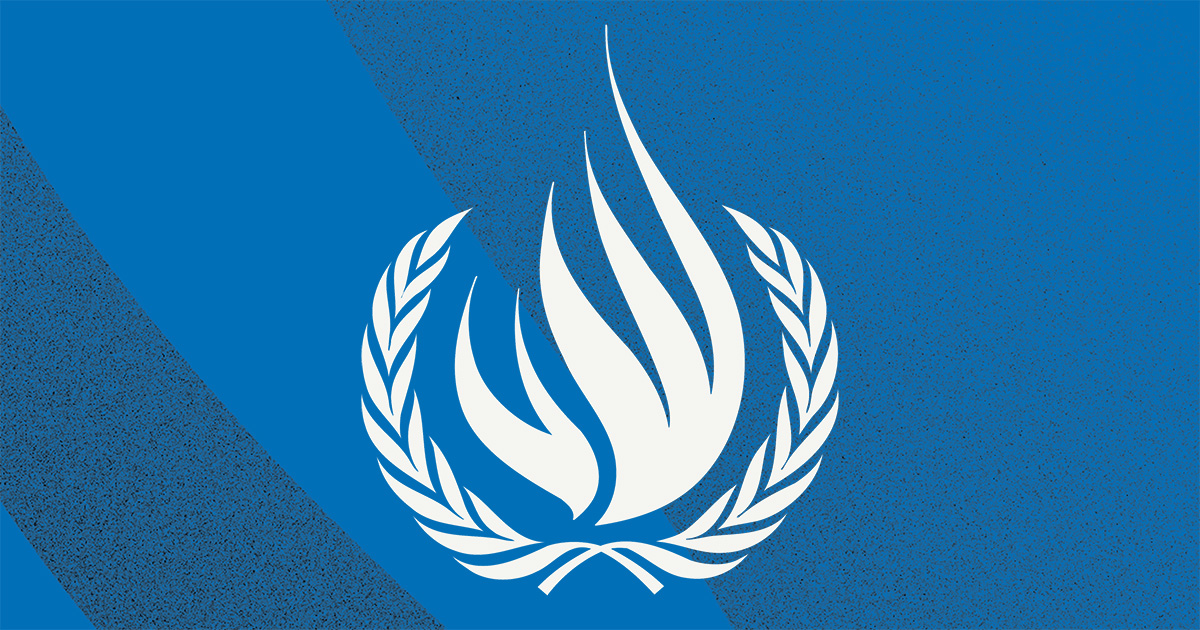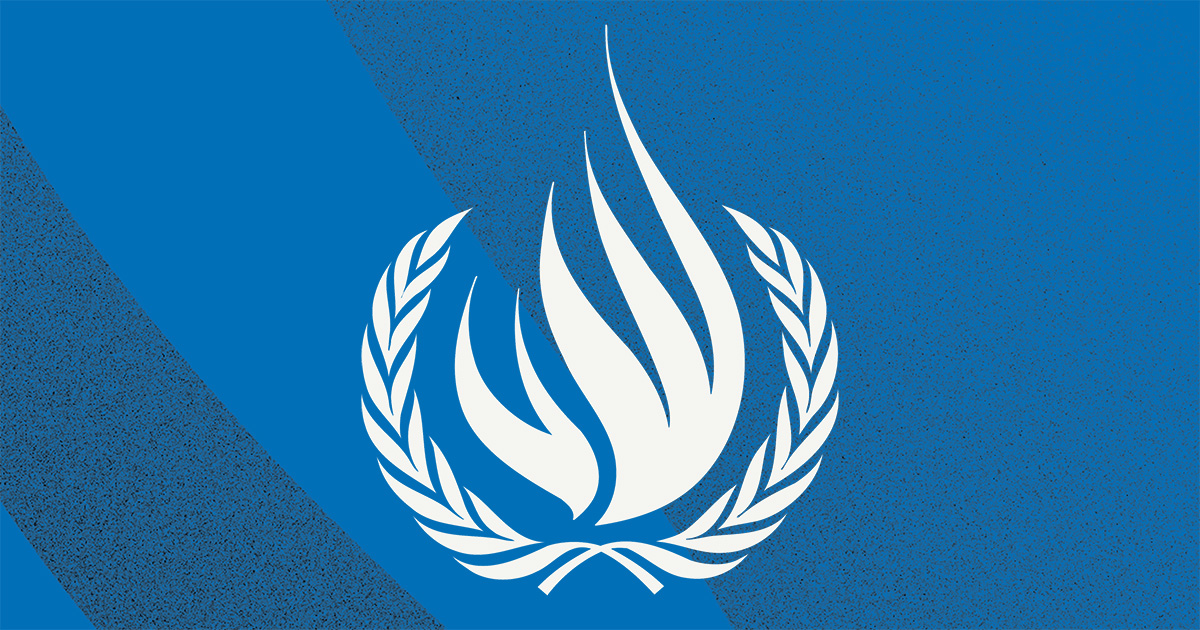
SEOUL (15 June 2022) – A UN expert today urged authorities in the Republic of Korea to redouble its efforts to deliver on truth, justice and reparations to thousands of victims whose grievances span decades of violence and political turmoil in the country.
“During the visit, I received numerous victim testimonies about human rights violations suffered during colonialism, armed conflict, occupation and nearly 40 years of authoritarian rule,” said Fabián Salvioli, UN Special Rapporteur on the promotion of truth, justice, reparation and guarantees of non-recurrence, at the end of a seven-day official visit to the Republic of Korea.
“Not one tragedy or one victim should go unrecognized. Non-recurrence relies strongly on acknowledging the past to move towards a future of sustainable peace and human rights protection,” Salvioli said.
In a statement at the end of his visit, the Special Rapporteur observed that Korean society had been exposed to serious violations of human rights and humanitarian law at the hands of different actors and political entities during turbulent political events that battered the country in the 20th century. According to the expert, in many instances, the violations had been committed on massive scale over an extensive period, and gone unaddressed for decades while the country grappled with conflict and authoritarianism.
“However, democratic consolidation has offered an opportunity to redress the longstanding grievances of victims and society’s longing for healing and reconciliation,” Salvioli said.
The Special Rapporteur acknowledged measures adopted by the authorities for truth-seeking and memorialization. “I urge the Government to deepen these efforts through comprehensive processes that ensure all violations and the suffering of all victims are adequately investigated, acknowledged and commemorated,” the UN expert said.
Salvioli noted the government had offered compensation to limited categories of victims, facilitated the initiation of retrials in favour of some victims of human rights abuses, and that psychosocial rehabilitation services for victims and measures to restore their honour were scaling up. However, he urged the government to urgently adopt a comprehensive process that ensured full reparation to all categories of victims, including restitution, compensation, satisfaction and rehabilitation. He recalled that redress and the restoration of victims’ honour is a pressing task, considering their advanced age.
The Special Rapporteur also expressed concern about the lack of progress in reform of the security sector and related regulations that hamper freedom of expression and association; the absence of criminal accountability of perpetrators of serious human rights violations; and the application of statutes of limitations to certain categories of crimes that constitute serious human rights violations.
“It is the duty of the State to investigate, prosecute and sanction perpetrators of human rights violations and to adopt measures to guarantee non-recurrence of past abuses,” Salvioli said.
The Special Rapporteur commended the work of victims’ associations, civil society organizations, academics and government entities that have worked to unveil the scale and specificities of human rights violations, provide acknowledgment to victims and helped to restore their honour. “The sheer number of atrocities and persons affected makes this work titanic, but also – and above all – vital for healing and reconciliation,” he said.
During his visit, Salvioli met government officials, civil society and human rights representatives, victims and survivors. He also visited memorial sites, former detention camps, and sites of mass graves and exhumations.
The Special Rapporteur will submit a full report on his visit to the Human Rights Council in 2023.
ENDS








